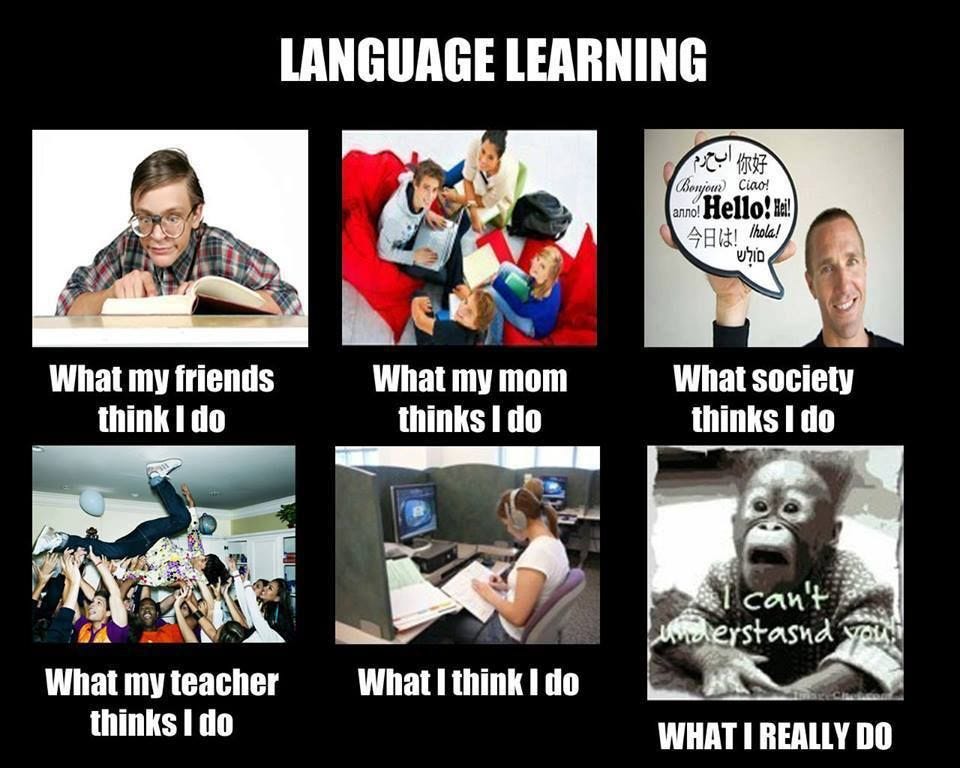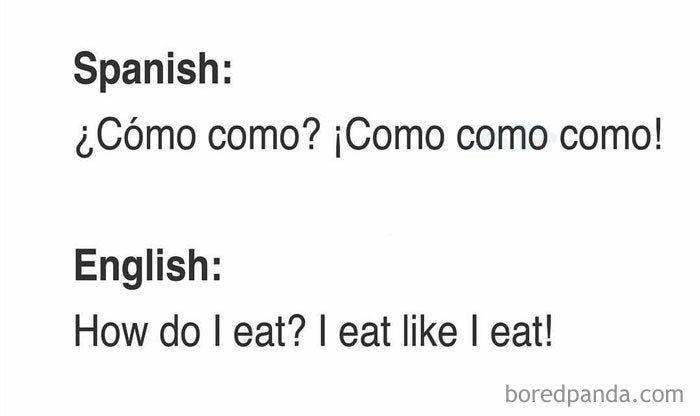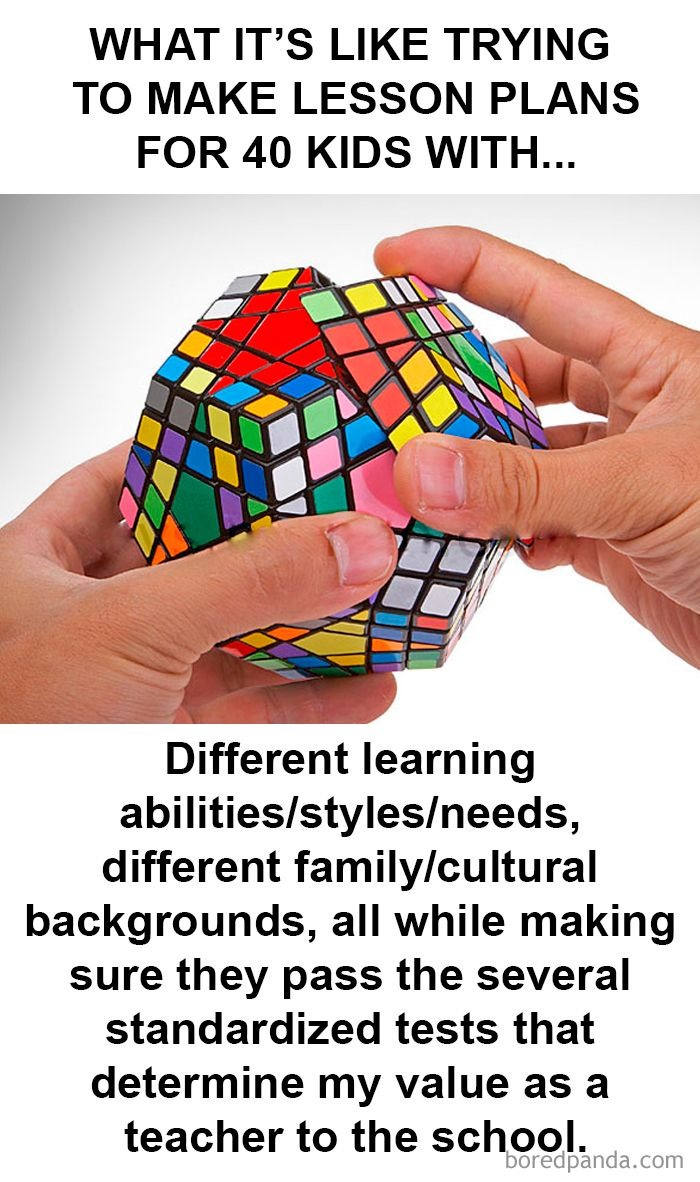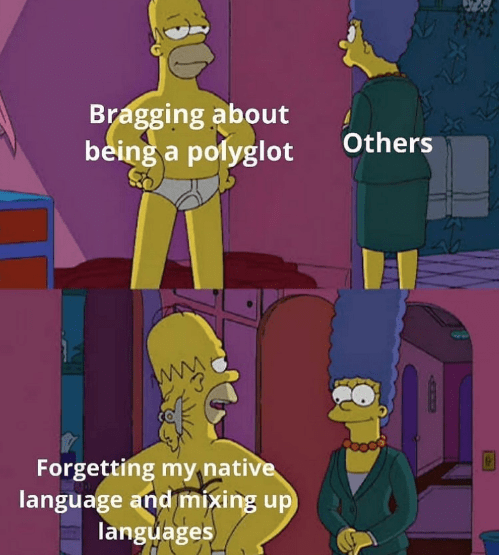What is a good timeline?
A peek behind the curtain at Second Language Strategies
Welcome, aspiring polyglot! As I am currently taking students for both Spanish and French, I thought it might be worth looking into the timelines we run on so you have an idea of where you should, or could, be during your language acquisition. It is not the end all be all and everyone has their own path, but I am working with people who have full time jobs, people who are gifted students and people who need to work twice as hard to make it just as far as the gifted students.
Point being, irrespective of your age, your profession, your learning style, if you want to learn a language you can. All you need to do is make it a priority and follow a system. Of course, having a coach, instructor, or teacher is going to be beneficial, but it is not an absolute necessity. If you are learning Spanish, French, or English as a second language for that matter, and you are interested in working together, you can fill out this form and I will reach out to you:
For those who already have a tutor, instructor, or classes, let’s discuss the timelines my students work based off so that you can get a glimpse into what you can expect. Keep in mind, your timeline is your own, but if you don’t know what is possible it can be difficult to reach your full potential. This is based off of three hour to hour and a half long classes every week and an hour to two hours of language exposure on the other days. As with everything, the more exposure you get the less time it will require. Let’s take a look.
How long should you be taking to learn a new language?
When it comes to defining a timeline, it is not as simple as “x takes this long. Y takes that long” there are levels to everything. That said, if you have loose guidelines you can at least ensure you are working in the right direction. Each component takes different people different amounts of time, but I think everyone knows that speaking is the thing that takes the longest. So, let’s start with what takes the least amount of time.
Reading
As a general matter, reading is something you should begin doing in the first week of learning a new language. Now this does not mean that you should or will read fluidly, but you can certainly begin. It is important to remember throughout all of these examples that the best you can do is not the best you will ever be able to do. Even if you are only reading one or two sentences at a time, you are still reading.
The people I work with begin reading from day one. Not easy books either. My Spanish students choose between reading Cervantes, Pio Baroja, and Gabriel Marquez. They read slowly at first, five pages in a week. In two months in they read ten to twenty pages. Do they understand everything? Absolutely not. Does the book make more sense after each subsequent lesson? Yes.
When they, or you, are forced to read and work above your level you will come into contact with concepts, vocabulary, and grammar you do not understand. If you know what you do not understand then you have a target to aim at and a path to follow. If you don’t have a target to aim at you will miss every single time. That is why reading is so important when you are getting started. There is truly no better way to start building your vocabulary base than with reading.
Writing
At the same time, writing is another thing that you can begin doing immediately to enhance and accelerate your language acquisition. Your main goal is likely to speak your target language. In order for that to happen you need to learn how to think in your target language. Reading involves little to no creation whatsoever. All you are doing when you read is absorb other people’s thoughts.
Writing will force you to think. Even if your writing is incorrect, at first, it is well worth the effort. Slowly but surely you will be able to improve, but you have to start somewhere, we all do. The people I work with begin writing within their first week as well. Journaling, personal stories, short stories, thoughts on the books they are reading, whatever it may be they start writing immediately.
Their sentences are anything but perfect, yet they still take the time to try even if this effort seemingly does not pay off until later. Having a written record of their progress is incredibly beneficial and after every lesson they are more capable of going back and correcting their errors themselves. Once they have laid a solid foundation of vocabulary and grammar they begin to work on their listening skills.
Listening
Ideally you will start training your ear from day one, but it can be exhausting to try and absorb the words of a native speakers right away. Personally, I find that students make much more progress listening once they already have a base of vocabulary words and a basic understanding of word order. Without those things it can be extremely difficult to follow along which is ultimately demoralizing.
At about the two month mark we begin our dictation practice. This means that we will listen to music, videos, podcasts, or TV shows and movies then the students will write down what they think they heard. The worst part about this is it is ultimately a mirror that you cannot hide from and any gaps in knowledge will be revealed. As with writing, though, once you know what you are missing you can focus on what you need to learn to progress.
I always preface by letting people know it is going to be demoralizing because without the proper expectation it can make people want to give up which is not an option. Most people need to know that they are not alone in their struggles. But there are more things you can begin doing, and that my students do begin doing, long before they get to the point of dictation practice.
Your goal, and mine, is to get as much language exposure as possible at any given time. Throughout the day there are near infinite opportunities to get more exposure to your target language. Whether that is listening to music without paying special attention to the words or listening to audiobooks in the background, so long as you increase your exposure you will expand your proficiency. With enough practice, you can begin speaking.
Speaking
Your final hurdle, and that of my students, is speaking. It is crucial to recognize first and foremost that you will make mistakes. No matter how much you prepare ahead of time, there is no amount of practice that will prevent you from making mistakes. Even in your native language, chances are you make mistakes every single day and that has never prevented you from speaking before.
Think about your daily life, about the people you meet when you are out running errands. Have you ever once thought that someone should stop talking because they were making grammar mistakes or because they were using the wrong words at the wrong time? Miscommunications happen, yes, but more likely than not saying something “wrong” will not lead to a miscommunication.
There are many ways to say the same thing and just because you do not yet know the perfect way does not mean you should prevent yourself from speaking altogether. Three months in you should be willing to speak and, while you may not be able to speak perfectly, you should be able to hold a conversation. Once you are capable of holding a proper conversation, the sky is the limit.
The power of a good instructor
With all of these things, there is power in having a good instructor. Without someone to guide you it can be easy to feel overwhelmed. If you have someone who can point you in the right direction, answer your questions, and give you ideas of how to proceed you will enhance and accelerate your language acquisition.
Google is a powerful tool, but a good instructor is there to make things make sense specifically for you. That is what I strive to do and that is why so many people struggle in a traditional classroom. Rather than trying to get you to the point where you can pass a test, a good instructor will do everything in their power to help you accomplish your goals.
Ideally, you will share your timeline with your instructor and they will craft a curriculum conducive to your success. As for my students, our target is always to reach conversational within a 3 month time frame. If that sounds like something you would be interested in, be sure to fill out the form above or this one here below:
Conclusion
As mentioned above, every person has their own timeline and trying to stick to someone else’s can be exhausting. There is nothing wrong with you if it is taking you longer to learn a new language. Most people can only dream of speaking fluidly in under a year. This is especially true if you are relying on the public education system where success means losing a student. A good instructor wants to lose students because it means they are successful.
If you have to work with a tutor indefinitely, they are simply holding you back to make sure you keep paying them. That is another reason why having a proper timeline is so vital. You should know what your goals are and the time it should take to accomplish them to ensure you are not being strung along needlessly.
Of course, if self study is your cup of tea, then more power to you! At the end of the day, all I want is for you to experience successful language acquisition. Whether that is with me, an italki tutor, or an education institution is irrelevant. Learning a new language is difficult, but you can do difficult things and be great. So make the choice to do difficult things and become great. I’ll be rooting for you.
As we discuss often around here, creating is vital in second language acquisition. Speaking and practicing with written language will help you in accelerating and enhancing your language learning process, so start having conversations as early on as possible. It will be difficult, but you can do difficult things and be great. So go do some difficult things and become great.
Eager for more Second Language Strategies?
For more content find me on Twitter or Instagram. If you are struggling to get speaking in your target language, get up to 55% off a Babbel subscription using this link. I look forward to seeing everyone’s progress in the months and years to come. Be sure to check out the YouTube channel as well!
Learning Spanish? We have begun aggregating resources in you Spanish Resource Newsletter!
Don't forget to pick up your very own French Language Logbook or Spanish Language Logbook!









